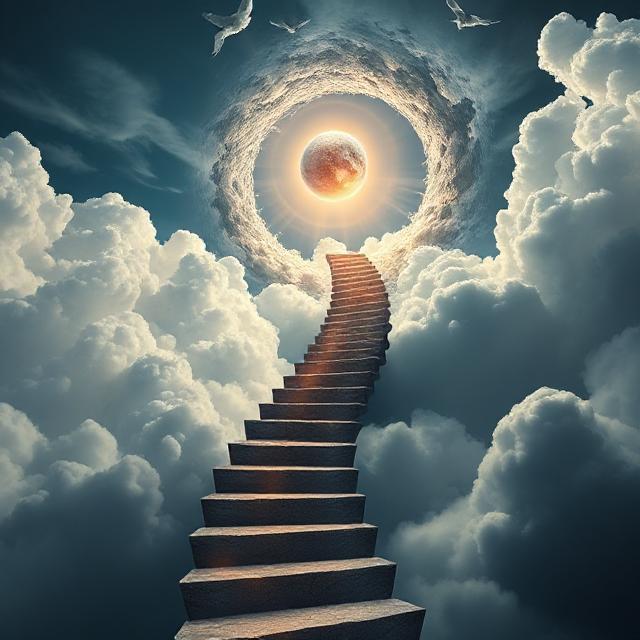
Table of Contents
German Idealism Hegel: The Last Philosopher of the Absolute
German Idealism Hegel stands as both a pinnacle and an enigma in the evolution of philosophy. Emerging from the embers of the Enlightenment and the critical revolution of Immanuel Kant, German Idealism forged a path toward a system of thought that tried to reconcile the infinite with the finite, reason with experience, and self with world.
At its towering center was Georg Wilhelm Friedrich Hegel, whose intellectual shadow stretches across politics, metaphysics, theology, and even art. His dialectical method and his conception of Absolute Spirit sought to explain not just what is but how everything comes to be.
To understand Hegel’s dominance—and the criticisms and reinterpretations that followed—we must first explore the context of German Idealism.
I. From Kant to Hegel: The Rise of German Idealism
German Idealism began as a response to Kant’s transcendental idealism, particularly his claim that we can never know the “thing-in-itself” (noumenon), only phenomena as shaped by our faculties. Thinkers like Johann Gottlieb Fichte, Friedrich Wilhelm Joseph Schelling, and eventually Hegel sought to overcome this divide.
- Fichte internalized Kant’s structures, arguing that the self posits not only itself but also the not-self as part of its own development.
- Schelling saw nature as the visible spirit and spirit as the invisible nature, an attempt to unify mind and matter.
These thinkers laid the groundwork for Hegel, who would declare that reality itself unfolds through a dialectical process.
II. Hegel’s System: Dialectics, Spirit, and Totality
The core of German Idealism Hegel lies in dialectical thinking: thesis, antithesis, and synthesis. For Hegel, contradictions are not errors—they are engines of progress.
1. Phenomenology of Spirit
In his 1807 work, Hegel charts the journey of consciousness from sense-certainty to absolute knowing. Each stage is a contradiction-laden stepping stone to a more developed form of awareness.
2. Logic and Being
In the Science of Logic, Hegel argues that Being and Nothing are indistinguishable at their most abstract. From this contradiction arises Becoming, the dynamic process that defines all reality.
3. Absolute Spirit
Reality for Hegel is Spirit (Geist) unfolding itself. History, art, religion, and philosophy are all expressions of the Absolute coming to know itself.
III. History and Freedom: Philosophy with a Pulse
One of Hegel’s most influential claims is that history has a rational structure. The evolution of human societies and political systems isn’t random; it reflects Spirit’s self-realization.
- The dialectic of history sees epochs clash and evolve: slavery vs. freedom, monarchy vs. democracy.
- True freedom emerges when individuals recognize themselves in the ethical life of the state.
This made Hegel attractive to later political theorists—Marx, in particular, who inverted Hegel’s idealism into historical materialism.
IV. The Long Shadow: Influence and Reaction
1. Marxism
Karl Marx was deeply influenced by Hegel but rejected his idealism. For Marx, material conditions—not Absolute Spirit—drive historical change. Yet his method remained dialectical, and his idea of class struggle mirrors Hegel’s thesis-antithesis-synthesis model.
2. Existentialism
Kierkegaard and Nietzsche reacted sharply against Hegel. Kierkegaard saw the individual lost in Hegel’s system, while Nietzsche rejected the teleological view of history.
3. Analytic Philosophy
In the Anglo-American world, Bertrand Russell and G.E. Moore sought to purge Hegelian obscurity from philosophy, initiating the clear-cut precision of analytic philosophy.
4. Postmodernism and Beyond
Jacques Derrida, Lacan, and Zizek have returned to Hegel with fresh eyes. The postmodern twist embraces Hegel’s contradictions, treating them as ontological features, not bugs.
V. Hegel’s Legacy Today: System vs. Fragment
Hegel remains both irresistible and controversial. Some admire the systematic ambition of his thought—an all-encompassing philosophy of reality. Others find in his opacity and abstraction a dangerous detachment from real human life.
Yet in areas like:
- Political theory (via Marx, liberalism, and communitarianism)
- Theology (especially through modern Protestant thought)
- Art and aesthetics (Hegel’s Lectures on Fine Art)
- Cultural criticism (think Zizek’s pop-Hegelianism)
Hegel’s influence is alive and evolving.
VI. Conclusion: Living in Hegel’s Wake
German Idealism Hegel isn’t a relic—it’s a pulse that still beats beneath much of modern philosophy. Whether in defense or revolt, contemporary thought often grapples with Hegelian themes: contradiction, process, development, and totality.
To read Hegel is to wrestle with a mind that aimed to synthesize all knowledge into a living, dynamic whole. His work challenges us not just to think but to think historically, relationally, and holistically.
And even now, two centuries later, we still ask: Was Hegel right? Or have we merely replaced one grand illusion with another?